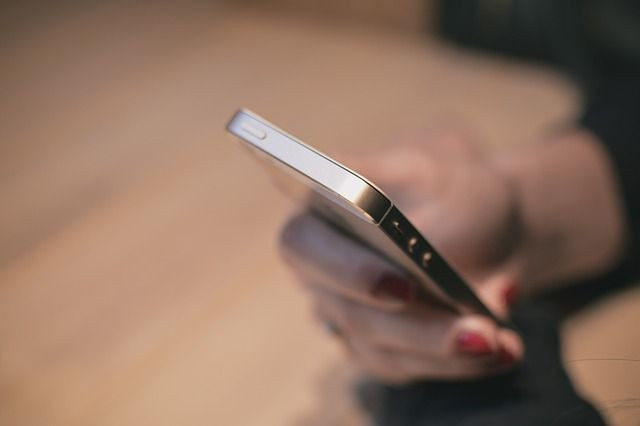Trying To Get Pregnant? New Study Shows Few Smartphone Apps Accurately Predict Fertility

In 2016, there is a smartphone app for nearly everything imaginable, including those that tell you when the best time is to conceive a baby. Or so we thought. A new study has found that the majority of smartphone fertility apps don’t actually use any evidence-based science in their methodology, and are therefore far less accurate in helping users achieve or avoid pregnancy than you and your partner may realize.
For the study, which is now published online in the Journal of the American Board of Family Medicine, researchers from Georgetown University Medical Center in Washington reviewed nearly 100 fertility awareness apps. Of these, 55 apps were excluded from the study because they either had a disclaimer prohibiting their use for avoiding pregnancy, or they did not claim to use any scientific methods in their fertility tracking strategy, The Daily Mail reported.
The remaining 40 apps were then rated on a five-point scale for their scientific accuracy. The team measured this by noting how closely the apps followed fertility awareness-based methods (FABMs) to help avoid pregnancy. In a nutshell, FABMs are a type of family planning that allow couples to either achieve or avoid pregnancy without the use of birth control or contraceptives. These methods include Billings Ovulation Method and the Creighton Model, which focus on observing vaginal discharge to note when a woman is at peak fertility, and the Symptothermal Method, which uses a woman’s body temperature as a cue for fertility. FABMs are based entirely on scientific evidence, and when used correctly, can be very accurate.
Of the 40 fertility apps reviewed, 30 apps predicted days of fertility for the user and 10 did not. However, only six apps had a perfect scale on accuracy, an alarmingly low number considering the sheer volume of fertility-predicting smartphone apps that are now available for use. The researchers concluded in a statement that, although fertility apps offer “a convenient way to track fertility biomarkers,” unfortunately, “only some employ evidence-based FABMs.” However, for those looking to avoid or achieve pregnancy, this may not be good enough.
According to lead study author Dr. Marguerite Duane, smartphone apps are becoming more popular than ever because more women want to feel empowered with greater knowledge about their bodies. Despite the finding, the team urge that some FABM-based smartphone apps are successful in helping women predict their fertility days. Still, the apps are only part of the equation — women must understand how to properly use the technology and the science behind FABMs in order to achieve optimal results.
"When learning how to track your fertility signs, we recommend that women first receive instruction from a trained educator and then look for an app that scored 4 or more on mean accuracy and authority in our review, " Duane said in the statement.
Source: Duane M, Contreras A, Jensen ET, White A. The Performance of Fertility Awareness-based Method Apps Marketed to Avoid Pregnancy. Journal of the American Board of Family Medicine. 2016



























